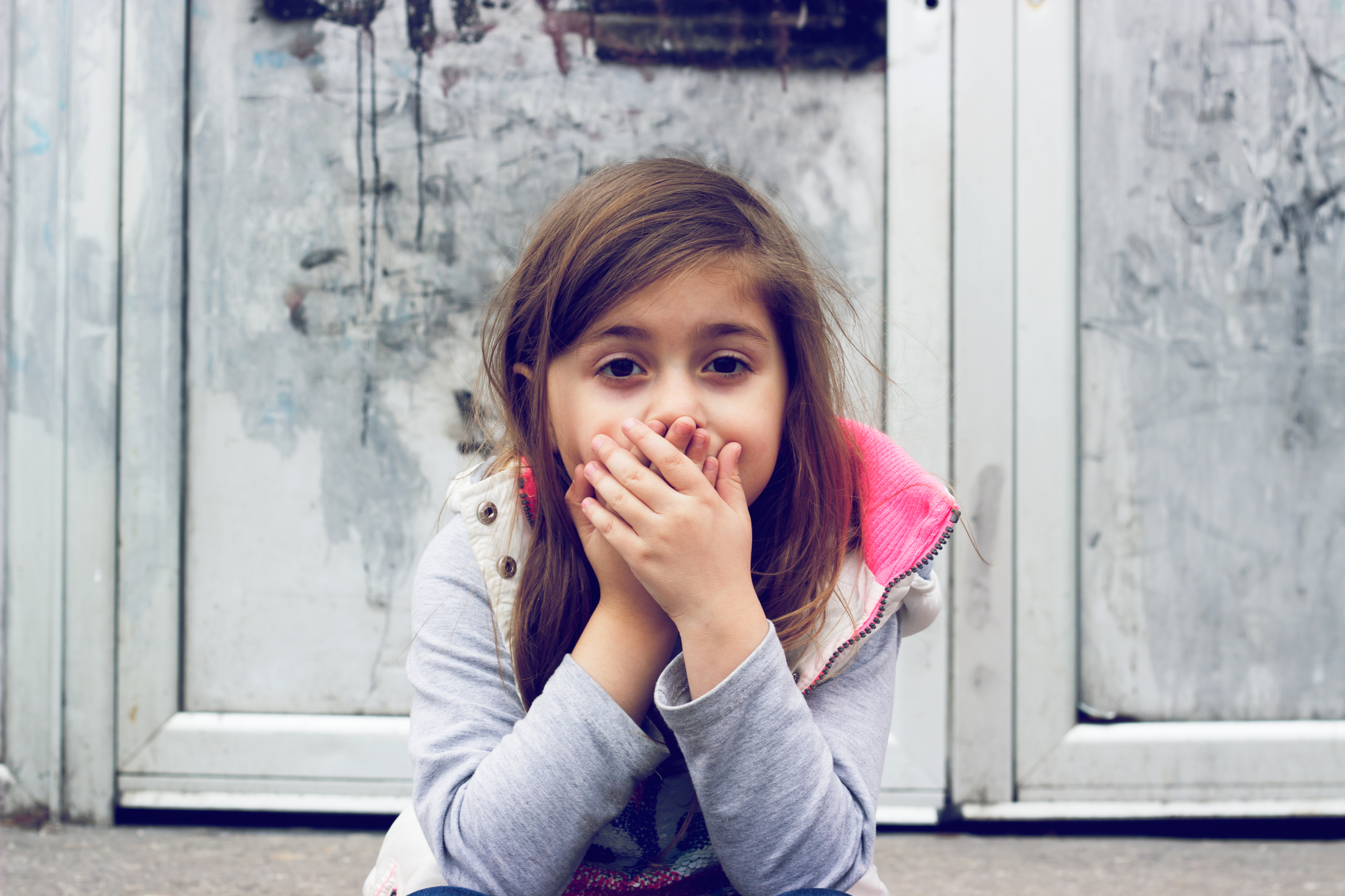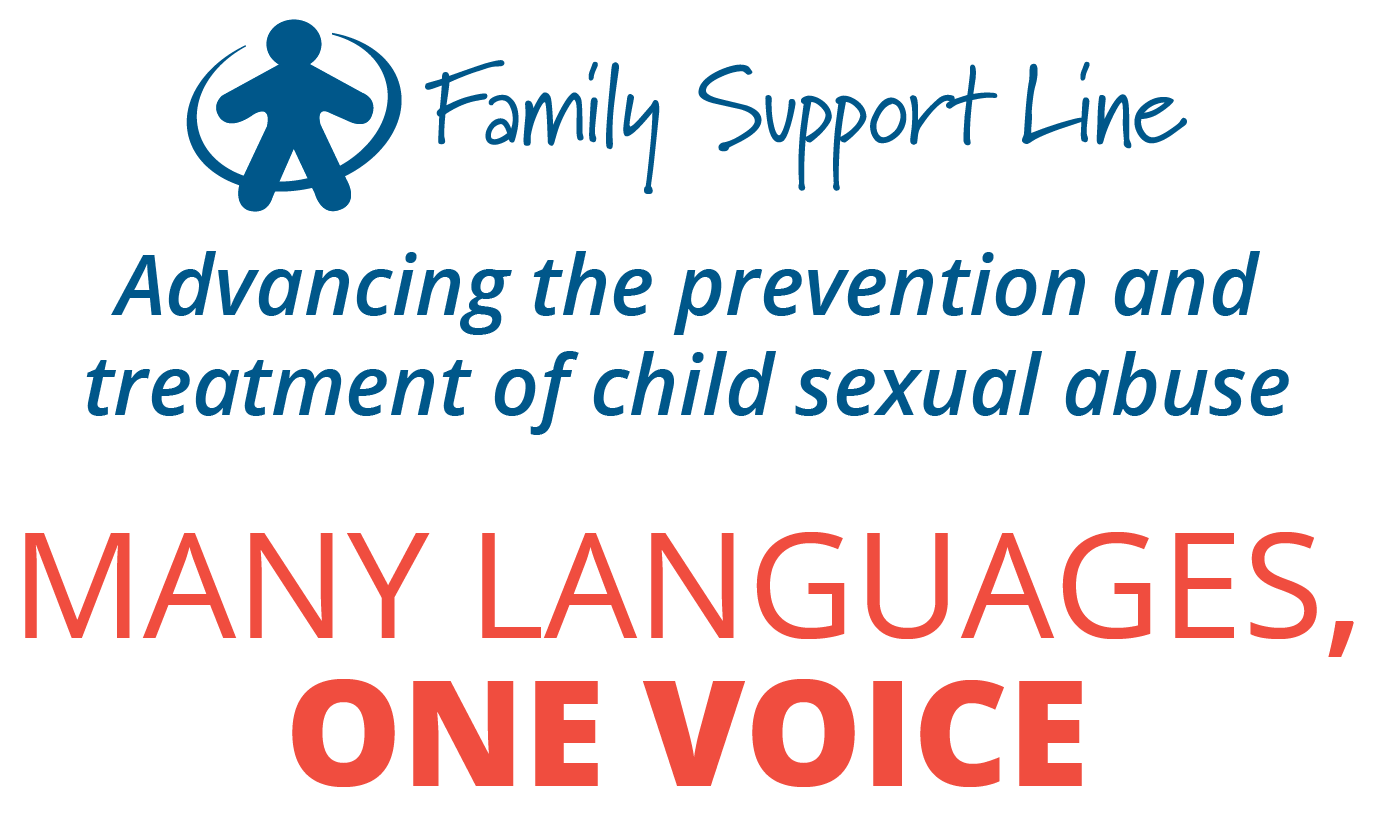Why don’t some children report their abuse?
There are many reasons why children don’t tell about their abuse – or wait a long time to tell. Here are 10:
The abuser threatened the child or their loved ones. Abusers sometimes threaten to hurt or even kill the child if they disclose their abuse. Or, they may threaten to hurt or kill a parent, pet, or other family member. While adults might not take the threat seriously, the child often does – especially if they have seen the abuser commit other acts of violence. Children may endure years of abuse because they believe it is the only way to keep themselves or others safe.
The abuser took advantage of the child’s limited understanding of sexuality and social expectations. Abusers can be very manipulative. They may tell younger children that the sexual activity is “what all [daddies/mommies/etc.] do” or “how people show their love.” When this happens, children may not even realize that their experience was abuse, especially if it felt good or made them feel “special.”
The child is afraid that no one will believe them. They may have been told this by the abuser. Or they may have concluded it because they have been called a liar – even when they were telling the truth. Youth with disabilities and those who may have a reputation for engaging in “bad” behavior may be not be considered very credible by authorities or family members. When that happens, they are at continued risk for further abuse – and increasing feelings of hopelessness.
The abuser told the child that it was their fault. Abusers sometimes rationalize their behavior by telling themselves and the child that the child was a willing partner. They may claim that the child “flirted” with them or even initiated the sexual activity. The child may believe this – especially if the abuser has said this over and over again
The child lives in a family and/or culture where blaming the victim” is common. They may also have heard family members or peers talk about how other people’s victimization was “their own fault.”
The child is embarrassed and/or ashamed. Even children who have not had much sexuality education may sense that sexual matters are considered “nasty” or “not nice” or “disgusting.” They may believe that private parts of their body are “dirty.” They may have received negative messages about sexuality, sexual behavior, and the body from family members, religious leaders, peers, or the larger culture.
The child believes that they will get in trouble. This could be because the abuser has told them this. (Little kids often believe that if anyone finds out what happened, they will go to jail!) Those who may have broken a rule (e.g., going somewhere without permission, sending explicit pictures, drinking) may fear punishment for those choices. In fact, the abuser may point out that they will get in trouble if they say anything that gets the abuser in trouble.
The child doesn’t want the abuser to get in trouble. Children are sometimes very attached to their abuser – especially if the abuser is a family member or someone who has made them feel loved or special. They may worry about what will happen to that person if they disclose the abuse. If their abuser supports their family financially, they may also be worried about losing their home, having a lowered standard of living, or not having enough to eat.
The child is afraid that their family will break up. In some cases, this fear is based in reality, especial if the abuser is in a parenting role. They may be afraid that they will go into foster care or sent to an institution. They may be concerned about being separated from siblings, pets, or other members of their household. They may also worry about becoming homeless.
The child is so traumatized that they unconsciously avoid anything that triggers memories, thoughts, and feelings related to the abuse. Some children may experience dissociation – an altered state of consciousness that may initially serve as a survival mechanism, but that can cause secondary problems with emotional and social functioning.



